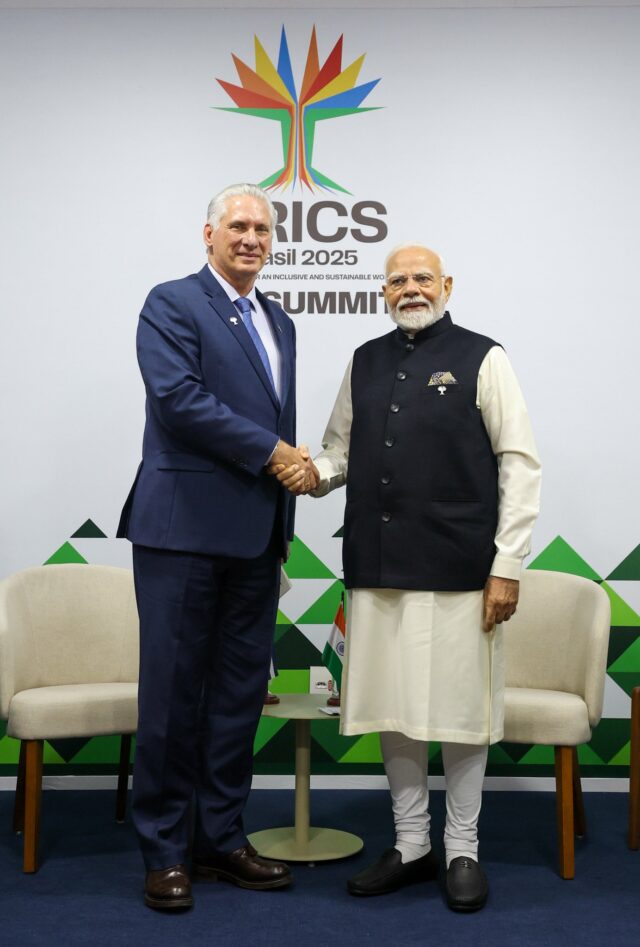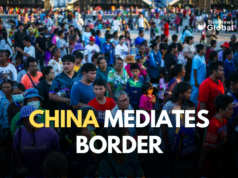
With the clock ticking on the expected UN General Assembly resolution next week condemning the US economic and financial blockade of Cuba, its Ambassador in India Juan Carlos Marsan underscored his country’s condition.
“Our economy continues to operate under immense pressure due to the blockade, which has lasted more than six decades and intensified with over 200 additional measures during the Trump administration. These restrictions affect every aspect of life, from importing food and medicines to conducting basic financial transactions,” he said during a media interaction in Delhi.
The U.S. blockade was not merely an embargo but a policy designed to isolate Cuba globally.
“Despite every obstacle, we continue to send doctors, teachers, and humanitarian aid to over 100 countries. Cuba’s contribution to global health, from developing vaccines to disaster response, shows our commitment to humanity, even under sanctions,” he said.
He criticized the U.S. decision to maintain Cuba on its list of “state sponsors of terrorism,” calling it “baseless and politically motivated”. He said this designation prevents Cuba from accessing international financial institutions and discourages global banks from facilitating transactions with Havana.
“India has stood by Cuba through every global challenge. We trust that this historic friendship, built on principles of respect, solidarity, and South-South cooperation, will once again shine through in the forthcoming vote,” he said.
He said Havana was ready to deepen trade and investment ties with India, including bypassing dollar-dominated financial systems.
“We are open to trading in local currencies and establishing direct financial channels with India. Cuba has begun similar arrangements with Russia and China, and we hope to extend this model to India through mechanisms like UPI and bilateral banking links,” he said.
Cuba, which has a strong biotechnology base, is keen to collaborate with India’s pharmaceutical sector to develop and produce medicines for cancer, diabetes, and neurological disorders.
He highlighted that Cuba has pioneered several patented treatments that could be made in India for the wider Global South.
“India has manufacturing strength; Cuba brings research and innovation. Together, we can create affordable solutions for millions of patients across Latin America, Africa, and Asia,” he added.
Energy, Food Security
Cuba is also seeking Indian investment in renewable energy, sugar processing, and agricultural modernization. Cuba’s fertile land and India’s expertise in green technology create natural synergies, he said.
“We are ready to offer long-term land leases to Indian companies for joint food production, ensuring food security for both our nations. India’s achievements in renewable energy and sustainable farming are models we wish to learn from,” he said.
Tourism, Culture
The envoy also urged greater tourism exchanges between the two nations, noting that Indian hotel chains such as the Muthu Group are already managing properties in Cuba.
“Cuba is open to Indian travellers, and visa procedures have been simplified. We would love to see more Indians discovering our culture, music, and warmth,” he said.
“Our friendship with India is historic, but also forward-looking,” he said, “Together, we can build a fairer, multipolar world based on equality, mutual benefit, and peace.”




